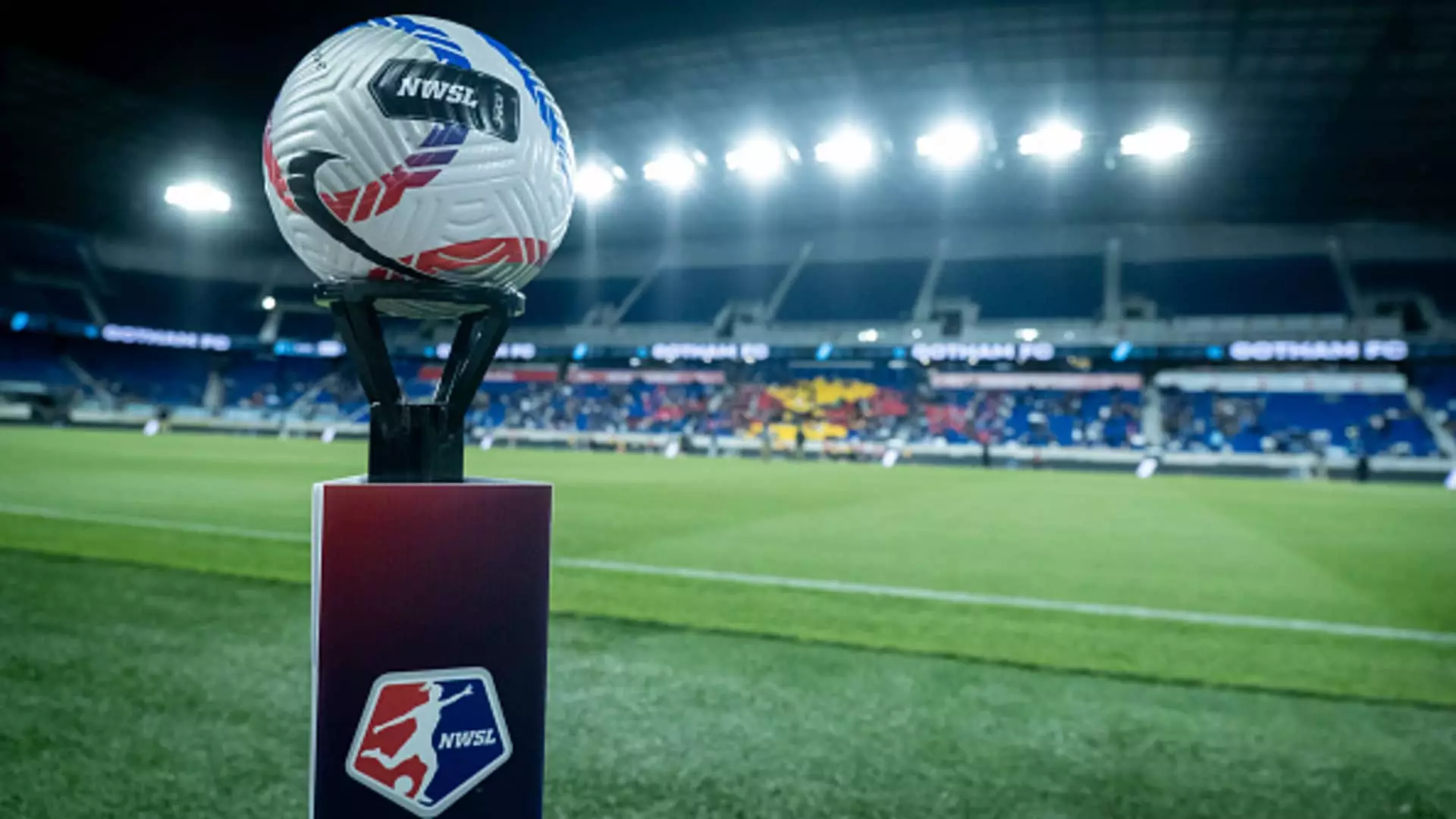The recent settlement of $5 million agreed upon by the National Women’s Soccer League (NWSL) with attorneys general from New York, Illinois, and Washington, D.C., marks a pivotal moment for the league and its players. This resolution is not only an acknowledgment of the past mistreatment of athletes but also a significant step towards establishing a safer, more nurturing environment within the league, which has faced allegations of harassment and abuse for over a decade.
The allegations against the NWSL highlight a troubling legacy that players have endured for too long. Reports of emotional and sexual abuse by coaches and officials have emerged, leading to investigations that ultimately revealed systemic failures within the league to protect its athletes. New York Attorney General Letitia James emphasized the seriousness of the findings, stating that the culture of “abuse, harassment, and retaliation” needed to be addressed immediately. The settlement, while substantial, serves more than just as monetary compensation; it speaks to the need for accountability and reform within the league.
The fact that this agreement follows years of courageous advocacy by players who came forward with their experiences cannot be overstated. Their bravery has laid the groundwork for necessary changes that will not only benefit current players but also future generations of women athletes. It is crucial to recognize that while the settlement provides some measure of justice, it must be accompanied by genuine commitment to reforming the toxic aspects of the league’s culture.
One of the most significant components of this settlement is the establishment of a $5 million fund dedicated to players who have experienced abuse. This fund not only provides financial support but also signifies a recognition of the pain and suffering endured by these athletes. Importantly, the settlement does not prevent individual players from pursuing further legal actions, which could be essential for establishing a comprehensive framework for accountability.
Commissioner Jessica Berman has taken considerable steps since her appointment in 2022 to address these issues. This includes implementing comprehensive reforms across the organization, such as enhancing the vetting process for coaches and engaging mental health professionals within the league. Such initiatives are critical, as they contribute to a supportive environment that prioritizes athletes’ well-being.
To ensure continued oversight, the NWSL has agreed to provide biannual reports to the attorneys general detailing misconduct complaints over the next three years. This level of monitoring is unprecedented and reflects a willingness to learn from the past. Furthermore, the introduction of anonymous annual surveys for players will help foster transparency and promote a healthier team culture.
Berman’s leadership has also led to the introduction of the league’s first-ever collective bargaining agreement, which addresses vital issues related to compensation and working conditions for players. The reforms initiated under her guidance showcase a strong willingness to listen to the concerns of players and act upon them. It is imperative that the league continues to build on these reforms and embed them into its operational framework.
The implementation of lifetime bans for coaches implicated in previous misconduct sends a clear message that the NWSL is committed to rooting out toxic behaviors and holding individuals accountable. Such decisive action is essential for rebuilding trust with players and positioning the league as a model for other professional sports organizations.
The NWSL is experiencing a transformative phase characterized by a growing commitment to player welfare and a stronger business foundation. Recently awarded franchises, such as the one in Denver, highlight the league’s increasing popularity and financial viability. Selling for a record $110 million expansion fee, the Denver franchise represents the immense growth potential within women’s soccer.
The NWSL’s $5 million settlement is a crucial milestone for the league, underscoring the importance of creating a safe and equitable environment for its athletes. With continued reforms and a dedication to ensuring player safety, the NWSL has the opportunity to lead the way in establishing a new, positive paradigm for women’s sports, one that values integrity, respect, and excellence. If the league remains steadfast in this commitment, it could become a beacon of hope not just for women’s soccer, but for all women’s sports.

